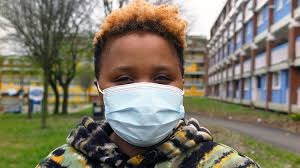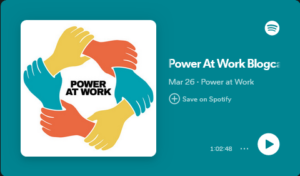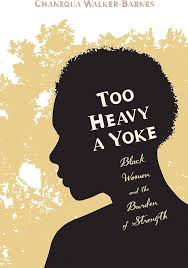Published in the St. Louis American April 16, 2020
 The world was first made aware of a coronavirus case in China last December. The U.S. was hit with its first confirmed COVID-19 case on January 20. Still, there is no comprehensive, coordinated national plan to stop the deadly virus, which I put squarely at the feet a president who is dismissive of science and facts. The failed leadership of Trump means that the number of U.S. COVID-19 cases now exceeds China – and there’s no end in sight.
The world was first made aware of a coronavirus case in China last December. The U.S. was hit with its first confirmed COVID-19 case on January 20. Still, there is no comprehensive, coordinated national plan to stop the deadly virus, which I put squarely at the feet a president who is dismissive of science and facts. The failed leadership of Trump means that the number of U.S. COVID-19 cases now exceeds China – and there’s no end in sight.
The lack of leadership is also being seen at our state and local levels. The drip-drip of vital information over the last several weeks and the inability to take decisive actions are causing confusion, panic and, worse, the loss of human lives.
Sadly, some black voices joined the denial and conspiracy camps. Black actor Idris Elba tested positive for the virus and immediately took to social media to dispel the craziness. Said Elba, “That’s dumb, stupid. All right? That is the quickest way to get more black people killed.”
Closer to home, the first deaths related to COVID-19 in St. Louis and St. Louis County were black women. Their deaths triggered my memories about the AIDS epidemic, which was inaccurately rumored at the onset to be a gay disease. It was black women who took the brunt of AIDS on several levels before the appropriate information and preventive actions became widely available.
The fact of the matter is that black people are predisposed to being disproportionately impacted by these kinds of bio attacks. The long-documented health disparities between blacks and whites in the U.S., along with higher rates of chronic diseases and reduced access to quality health care, make African Americans more vulnerable to COVID-19. It’s based upon a racist health care system and a host of cascading racist policies. They are not fixed and unchangeable; these are man-made and can be changed.
Adding to the potential deadly equation are poverty, inadequate housing, food insecurity, unemployment or underemployment and so on. African Americans are vulnerable in non-pandemic times. The coronavirus is only intensifying the factors that have always limited our ability to have a quality lifestyle.
In a previous column, “Coronavirus in black and green,” I talked about how the virus would negatively impact black communities. Now we’re hearing from health care providers that black folks are not getting the testing or the treatments afforded to whites. In cities where the pandemic is rampant, hospital officials have hinted that given their capacity and stretched resources, they may have to be more discriminating as to who gets treatment for COVID-19. I can tell you now that elderly, black people will be at the top of the dispensable list.



